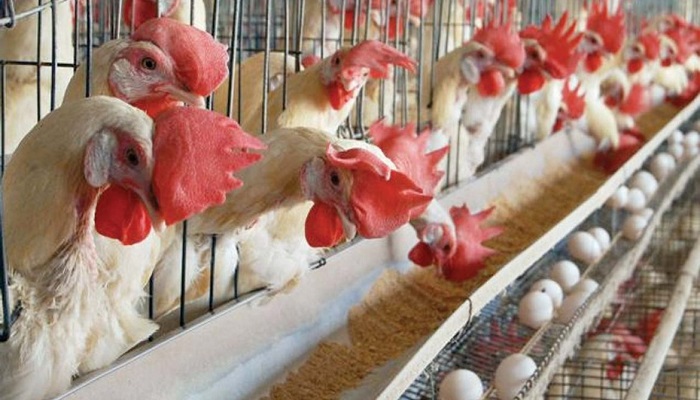The Poultry Association of Nigeria (PAN) yesterday expressed concern over the recent lift in the ban on imported poultry and processed poultry products by the Central Bank of Nigeria (CBN).
In a joint statement issued by the Director-General of PAN and it National President, Onallo Akpa and Sunday Ezeobiora respectively, in Abuja, noted that the development by the CBN has heightened fears in farmers and investors in the poultry industry, while compounding the already collapsing production in the sector.
Earlier this year, PAN had expressed similar concerns, pointing to the huge negative impact of the naira redesign policy and the high cost of raw materials, especially maize and soybean in a country that has stifled poultry production, leading to the closure of over 30 percent of the farm enterprises and down-sizing of about 50 percent capacities of other poultry farms across the country.
The association furthers lamented that the CBN’s new forex will make Nigeria revert to the pre-year 2000 when it was completely a dumping ground for all sorts of imported poultry products.
However, the PAN leadership requested immediate action by the government to maintain the import restriction policy on frozen poultry products and eggs, engage with the association to make available needed raw materials, and request an immediate funding programme to prevent the industry from collapse.
They also called for a clear narrative on the removal of restrictions on forex allocation for poultry products, critical examination of multiple taxations on poultry production, as well as strengthening of synergy and fiscal incentives for strong consultation and collaboration among government agencies and stakeholders.
The statement reads in part: “The projections for the poultry industry in Nigeria are very bleak, as the over 12 trillion naira industry is about to collapse. This will obviously result in loss of the jobs of millions of Nigerians employed in the industry; negate the fight on food insecurity and growing the local economy”.





















